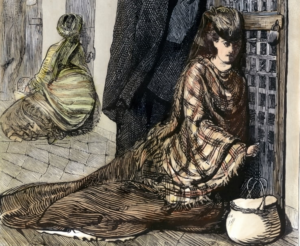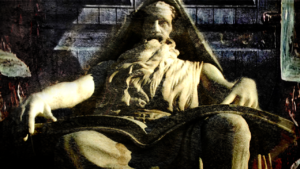Punk Rock – a Mainstream Coup
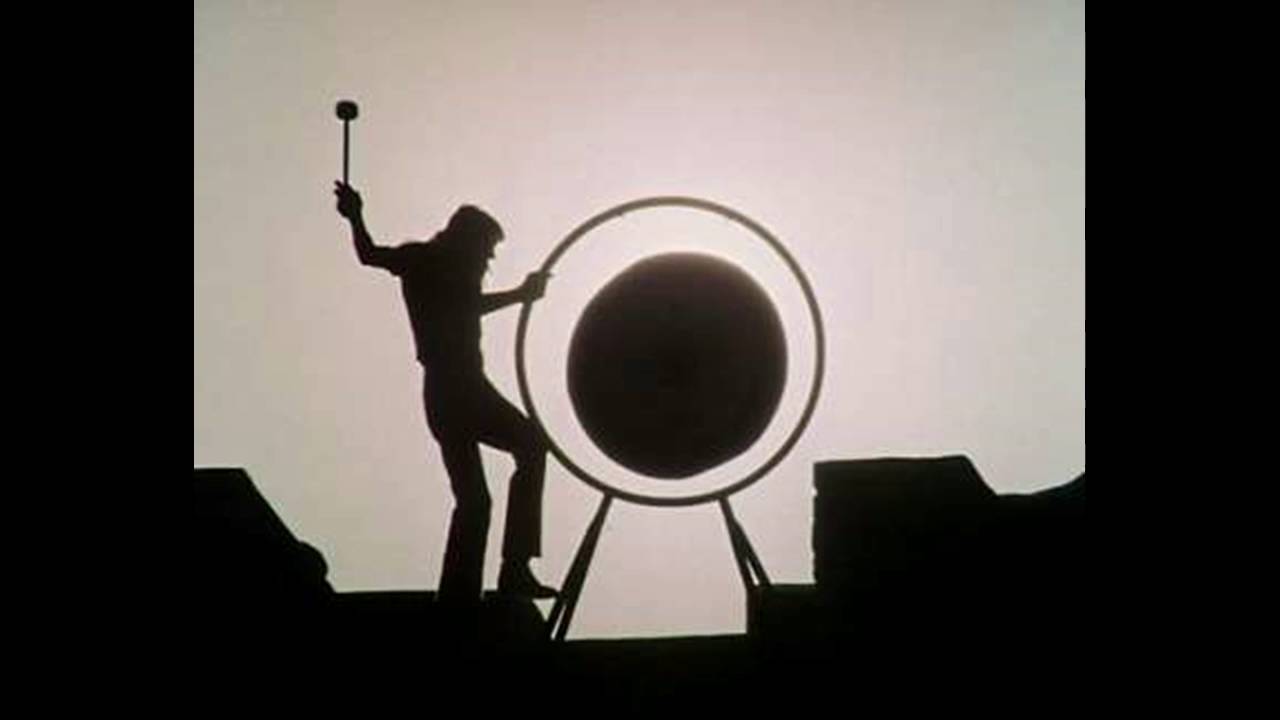
Before the advent of the quasi-Modernist movement known as ‘punk rock’, rock music was evolving into a variety of more sophisticated forms. It was drawing inspirations from classical and medieval music, imaginative fantasy and science fiction themes, anti-mainstream (anti-mercantile) values, and a Promethean escalation of intricacy and musicianship. So called punk rock was a counter-reaction to all of this. Appealing to people who love superficial posturing (which beneath is fully mainstream) and music which has excised all the confusing interesting bits. To them this was a great victory.
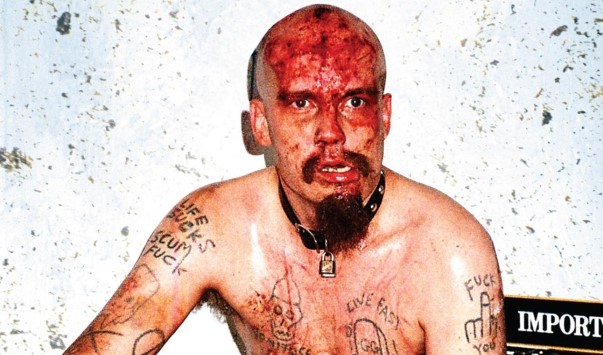
Before punk (and follow-up vulgarity of ‘disco’) popular music was retracing its steps to more aristocratic sensibilities. In an archaic (even arcane) and essentialist spirit, boldly flirting with psychedelia, imaginative world-creation, and individualist or maverick musical exploration (not just irreverent to, but actively opposed to marketing and radio-play concerns). Rock was at this time beginning to transcend its simplistic origins for something more noble and fantastical, sprung from the initial framework (based in folk music) of a verse/chorus foundation, with each song, or each album, telling a fantastical story.
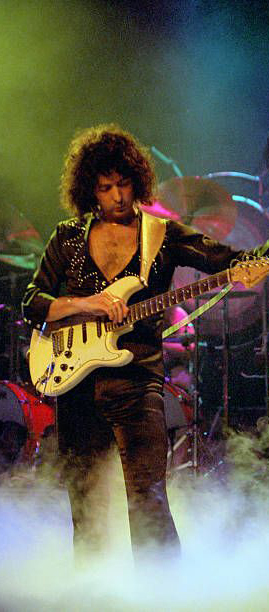
The progressive, psychedelic, and hard rock bands of the 1970’s seemed to comprise or create in their members a masculine archetype combination of the best sort. That is: free-spirited, cocky, dangerous types fused with the nerd knowledge of the fantasist and bookworm type. A dash of the astral travelling heathen magician was also present. Missing was the accountant, the puritan, and the everyman sportsball archetype (missing but not missed). These strange esoteric creatures seemed to live in a barbaric atmosphere, delving into ancient worlds or future ones, drawing on folklore or inventing their own. Some bands made up their own languages (Magma), such was the depth and freedom of their megalomaniacal imagination. This unfettered madness was of course later used to attack them, as ‘too much’ or too self-absorbed as they were scorned and replaced by genuinely pretentious simplicity-posturing and the anarch class warfare of low-imagination punks.
Another thing the flourishing golden age of hard rock complexity had was its own mytho-poetic sartorial sense. Clothing inspired again by the medieval, or by tough fantasy heroes, or some innate collective sense of cool which they shared. The album cover art and illustrations were equally imaginative and pulpy and unabashedly esoteric, psychedelic, and speculative. This was indeed the last vestiges of a free and aristocratic occidental patriarchal art: enjoyable, inspiring, intelligent, and wearing its heart on its sleeve. To this day the memory of this music causes disdain in the normie, who prefers to think punk is ‘cool’ (though he never listens to it).
This musical flourishing (before it was squashed by the money-power) was an anti-modernist culture that working and middle class people had access to, which promoted the ideals of the knightly nobleman. With the proper academic guidance (instead of the ironic punk and feminist scorn which were directed to attack it) it might have become an intellectually sophisticated tradition in its own right, for thinkers of the correct attitude. Though we might say that for the aficionado this is precisely what it is, though there are no official schools. Lucky for us, this period existed, and had many practitioners, and can be found still lurking in the cobwebbed attics of musical influences.
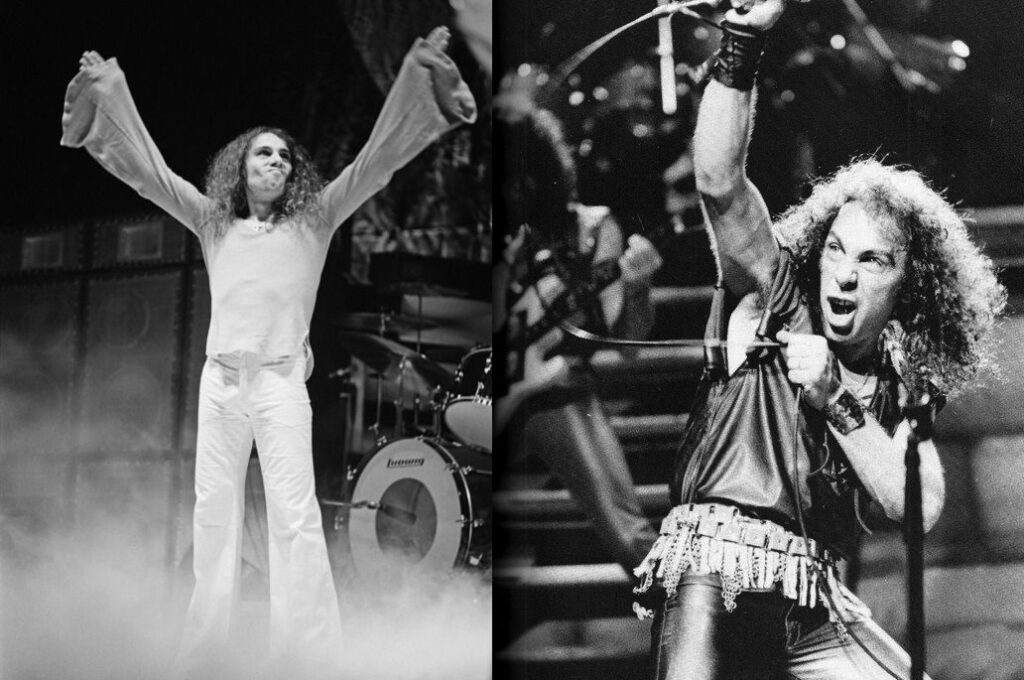
Punk, like Modernist art, hijacked all that came before it with a claim to ‘cool’ for the simplistic, providing some of the aggression without the confusing imaginative worlds and complexity. They intentionally stripped away the sophistication and magic of the various 70’s rock bands, while waving a rallying flag for the juvenile anarchist hatred of hierarchy, history, and ‘snobbish’ beauty. A war raged between punk and metal through the 80’s, which the punks lost, but were not remembered as losing, for our media and history books are written by money-power materialists and superficial posers, for whom history and reality is a thing to be moulded in the now. Fantasy, skill and artistry were attacked and mocked by punks, with music made as a vehicle for whiny leftist politics and nihilism. This led to the take-over of a negative counter culture, which was in fact a false scapegoat for the prevailing culture. A concept (inspired by the success of Modernist splatter-painters) of people being rebellious for the sake of being rebellious, in a confused envy sentiment of hatred for the lofty. But without a heroic high-culture and mythical vision to aspire to, the trajectory points downward.
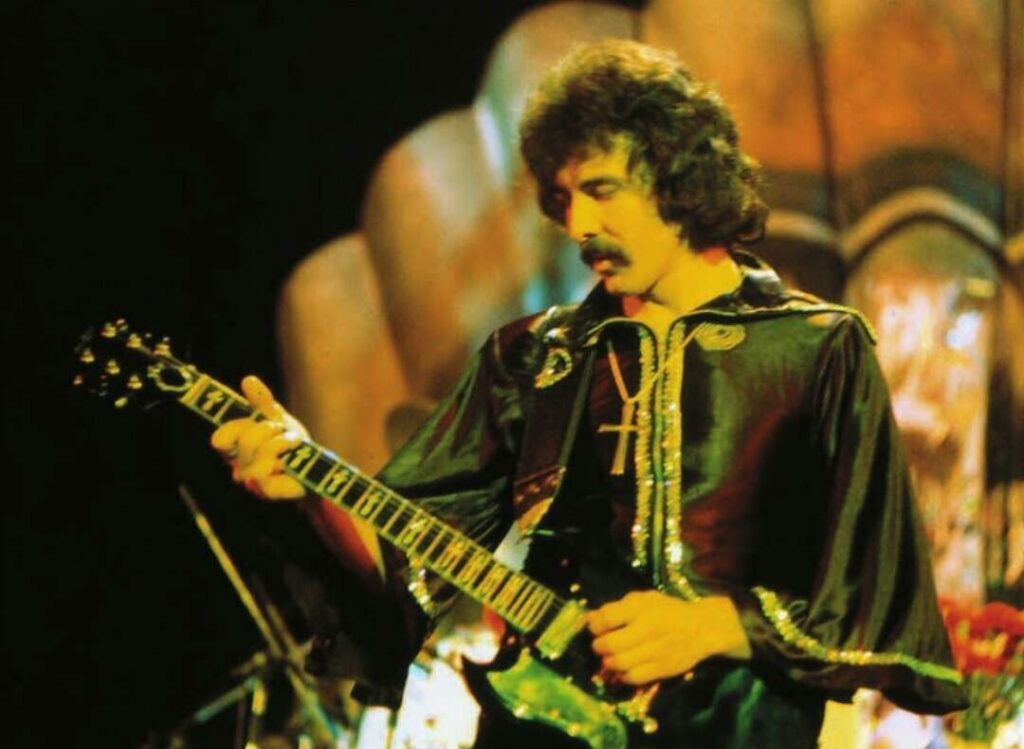
Do not be fooled by loud-mouthed nihilists, touting their bad music, or referencing themselves as ‘punk rock’ as some badge of admiration. Like the splatter-painter, like the naked touch-my-vagina performance artist, they are anti-culture automatons, normies who are brainwashed by the mainstream they pretend they are rebelling against (while backed by corporations). They do not have a romantic vision of the future to offer society, their ‘rebellion’, like punk itself, is a pretentious false front. A cope. Every so-called music fan that leans upon punk rock as a foundational or go-to symbol of cool has just another Modernist trope for a crutch. Anything that cites self-destruction, rather that ever-self-building, is chthonic, from the money-power, a trick. The punk fulfills his programming by being extreme in a nihilistic way – taking heroin and having sex with a hobo.
Ritchie blackmore, as an example, lives in a medieval style castle, wears renaissance clothing, plays trubador music, and lives his mytho-poetic and romantic worldview. He remained an anti-modernist for his whole life, something more akin to true rebellion. Do you think it’s easy wearing pantaloons every day? Yet the scurge of punk as an idealist rebel-music runs deep, and we are upsetting friends and allies by daring this criticism, and while i must acknowledge punks influence on 80’s glory-metal, and the existence of influential non-nihil-left punk like the Misfits, punk must be dethroned from its false and mainstream status.
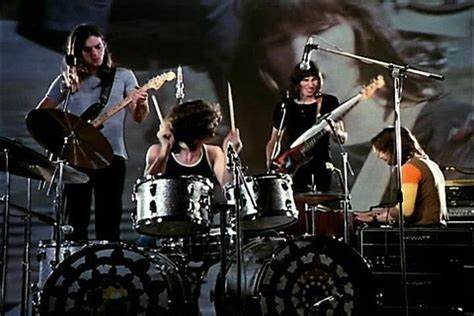
We are the warriors at the edge of time
We are Humanity’s scythe to sweep this way and that
And cut the Enemy down as weeds
We are Humanity’s spade to dig up the roots wherever they have grown
We are Humanity’s fire to burn the waste to the finest ash
We are the wind which will blow the ash away
As if it had never existed
We will destroy those Enemies
But we must first know the Enemies
And the Enemies are the devils that hide in our minds
And make us less than happy
They make us less than happy
We are the warriors at the edge of time
We are the veterans of a savage truth
We are the lost
We are the last
We are the betrayed
“Warriors” Hawkind










